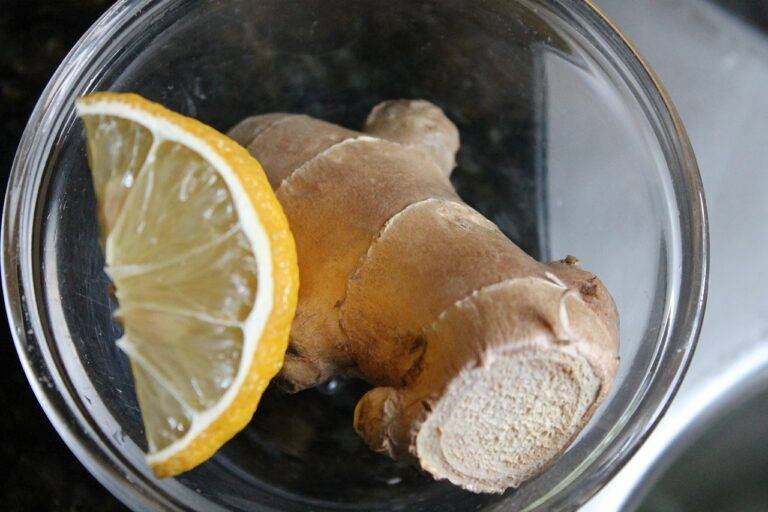The Health Benefits of Probiotic Foods
Probiotic foods are products that contain live beneficial bacteria or yeast. These microorganisms are known to provide health benefits when consumed in adequate amounts. Common examples of probiotic foods include yogurt, kefir, sauerkraut, kimchi, and kombucha. These foods undergo a fermentation process that leads to the growth of these beneficial bacteria.
The consumption of probiotic foods is believed to help maintain a healthy balance of gut bacteria, which is essential for digestion and overall gut health. Probiotics can also support the immune system, improve nutrient absorption, and contribute to the production of certain vitamins in the body. Incorporating probiotic foods into your diet may help promote a thriving gut microbiome, positively impacting your overall well-being.
How Do Probiotic Foods Benefit Gut Health?
Probiotic foods play a crucial role in promoting a healthy gut environment. They contain beneficial bacteria that can improve digestion and nutrient absorption in the gut. By enhancing the balance of good bacteria in the digestive system, probiotic foods help maintain a strong immune system and prevent the growth of harmful bacteria that can lead to digestive issues.
In addition to aiding digestion, probiotic foods have been linked to reduced inflammation in the gut. This can help alleviate symptoms of conditions like irritable bowel syndrome (IBS) and inflammatory bowel disease (IBD). Overall, incorporating probiotic foods into your diet can support a healthy gut microbiome and contribute to better overall physical and mental well-being.
What are probiotic foods?
Probiotic foods are foods that contain live bacteria and yeasts that are beneficial for your gut health. These foods help to promote a healthy balance of good bacteria in your gut.
How do probiotic foods benefit gut health?
Probiotic foods help to improve digestion, boost the immune system, and maintain a healthy balance of gut bacteria. They can also help to reduce inflammation in the gut and improve overall gut health.
What are some examples of probiotic foods?
Some examples of probiotic foods include yogurt, kefir, sauerkraut, kimchi, kombucha, and miso. These foods can be easily incorporated into your diet to help promote gut health.
How often should I consume probiotic foods?
It is recommended to consume probiotic foods regularly to help maintain a healthy balance of gut bacteria. Incorporating probiotic foods into your daily diet can help support overall gut health.
Can probiotic foods help with digestive issues?
Yes, probiotic foods can help with digestive issues such as bloating, gas, and constipation. The live bacteria in probiotic foods can help improve digestion and promote a healthy gut environment.







